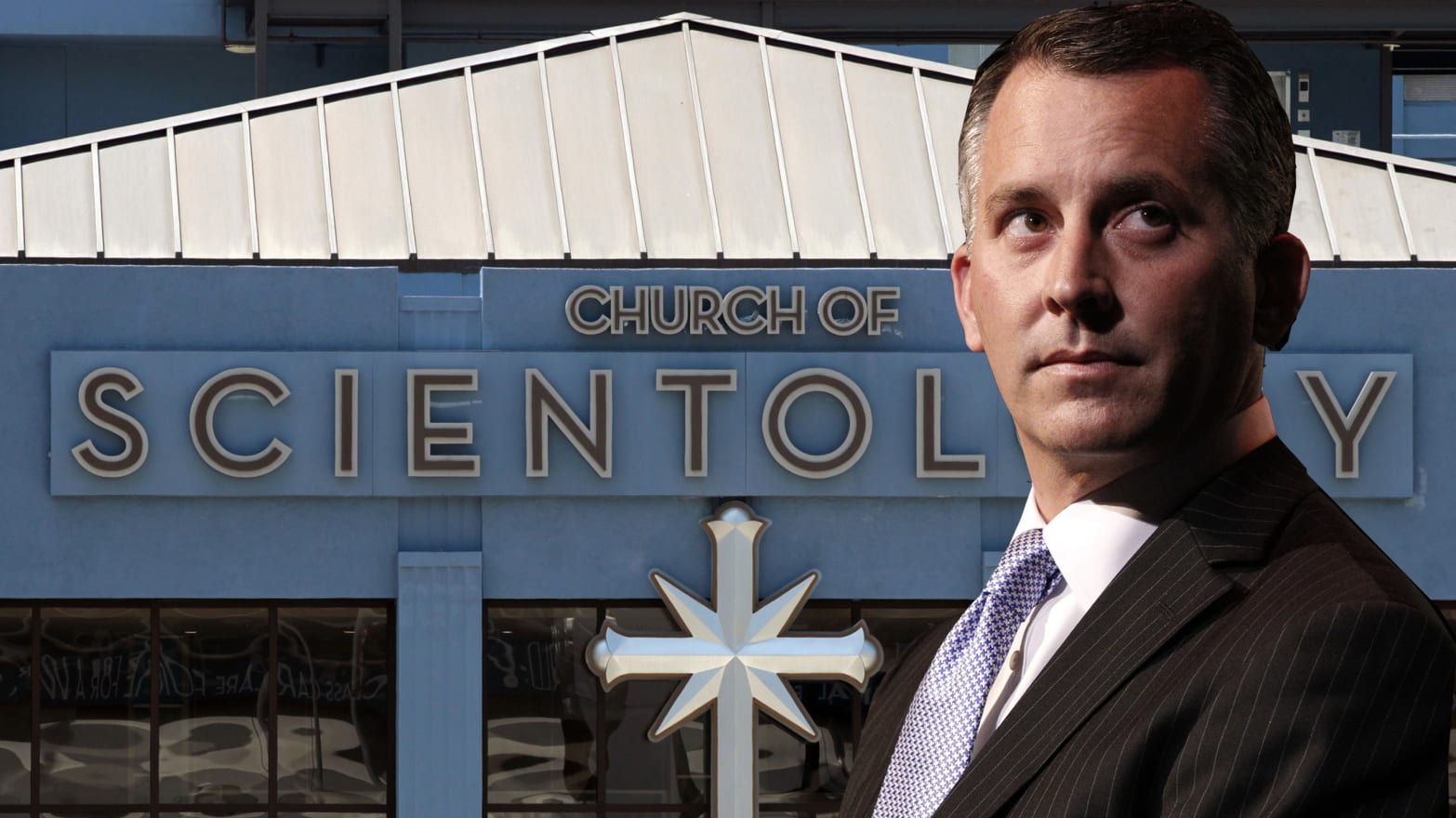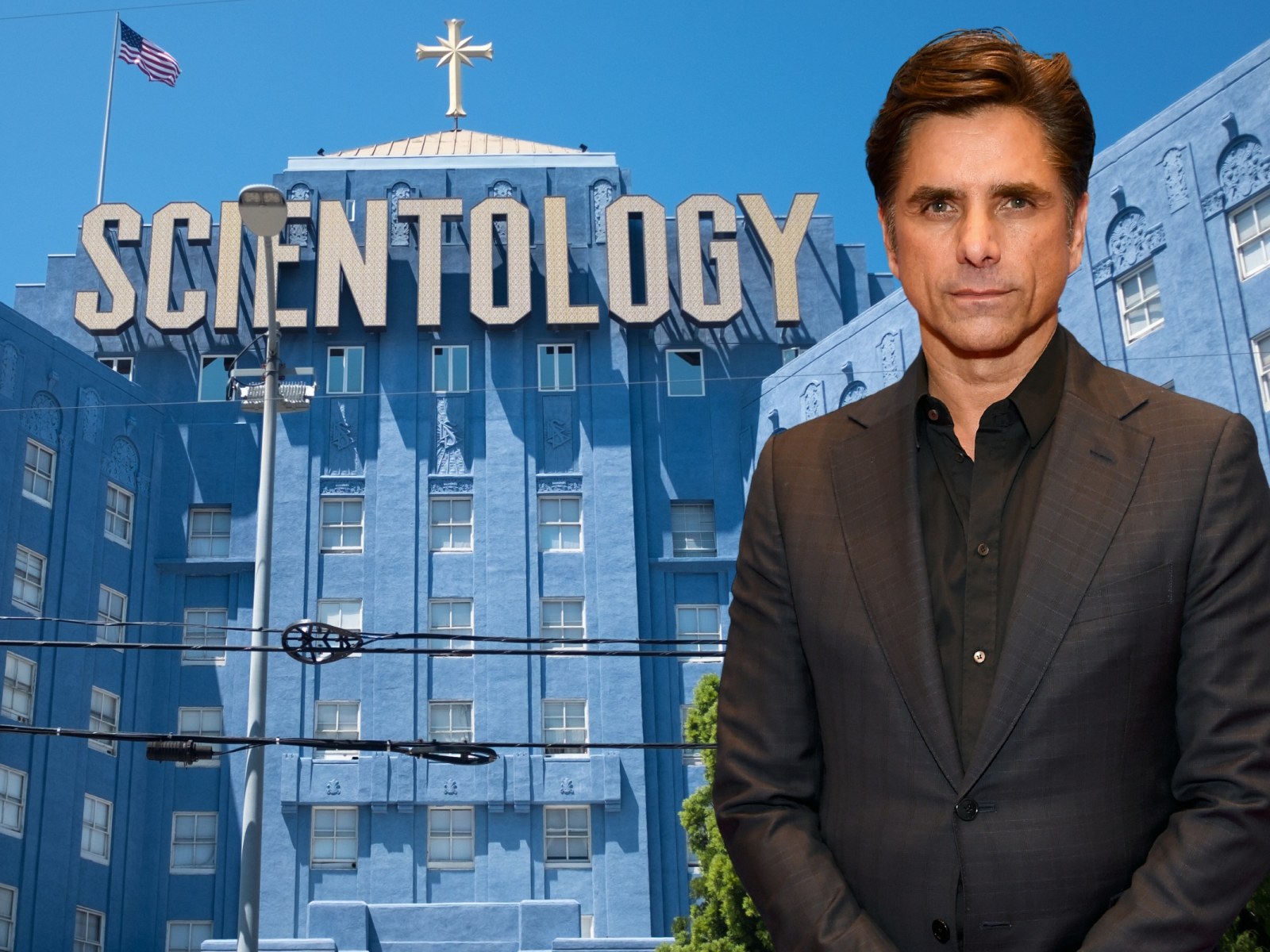The Ultimate Guide To Scientology
The Ultimate Guide To Scientology
Blog Article
The Of Church Of Scientology - The Last Days Calendar
Table of ContentsThe smart Trick of Scientology: Faith Or Fiction? That Nobody is DiscussingSome Known Questions About The Scientology Story - Part 1b: Defining The Theology.The Ultimate Guide To 'South Park': What Scientologists BelieveWhat Does The Church Of Scientology Believe? With Bobby ... Can Be Fun For AnyoneThe Basic Principles Of Scientology And Christianity - Trail ...
That which is true for you is what you have observed to be true. A private finds for himself that Scientology functions by directly applying its principles and observing or experiencing results."1Scientologists think that the basic command in life is to survive, and this command is burglarized eight dynamics, implying urges or impulses.A Tone Scale in which things are provided a number, or a "tone," and as an individual's expertise of the Tone Range raises, so does his happiness, health, self-confidence, and various other preferable high qualities. Scientologists believe that all medicines are poisonous substances that hinder spiritual liberty. L. Ron Hubbard discovered that medications and chemical deposits are saved in the tissues of the body, and as long as they stay in the body a person's abilities can stay reduced.

It measures an individual's psychological state and it aids the auditor find areas of distress. The purposes of Scientology are "A human being without insanity, without wrongdoers and without battle, where the able can succeed and truthful beings can have civil liberties, and where man is complimentary to increase to greater elevations".
Below are several of the fundamental facets of what Scientologists believe: Scientology was created by L. Ron Hubbard (1911 to 1986) in 1952 and was officially included as The Church of Scientology in 1953 in Camden, New Jersey. The confidence generally centers around the idea that all people are never-ceasing beings, who have actually fallen to forget their true nature.
The 4-Minute Rule for Does Scientology Believe One Can Exist Outside Of The Body?
To assist fans do this Scientology has published numerous study guides and auditing training courses that are handed out to participants in return for defined contributions. One of the core things Scientologists believe is that everything we each experience in this life, and also previous lives, are taped as "engrams" on our brains.
A power or pressure called "Theta" which transcends all points is advertised by the sect. Unlike Christianity there is no details trainings of God in Scientology, however participants rate to be "mentally enlightened" to a divine being as they progress in the faith - Scientology. There are different levels of knowledge in Scientology; Pre-Clear, Clear, and Running Thetan, with the final level of Operating Thetan being someone that has the ability to manage issue, power, time, and assumed
They believe that can not free themselves without aiding to complimentary others at the very same time, so leaders or "Auditors" are used to attempt and assist others recognize their previous life and current life disturbances, so they can work with losing them and transfer to an extra informed degree.
In terms of the Scientology idea system, there exists a huge quantity of religious material whereby the scholar have to wend her or his way. The scholar needs to be delicate to the fact that Scientology, like every other spiritual practice in history, is natural and has actually undertaken and is undertaking a development.
The Facts About The Place Of God In Scientology Belief - The Religious Nature ... Uncovered
Ron Hubbard as try here Dianetics: The Modern Science of Mental Health And Wellness, Scientology: The Basics of Idea, The Phoenix Az Lectures, plus the voluminous training and administration guidebooks, but this would only be the suggestion of the iceberg of Scientology scriptures. Central to every little thing are the writings of L. Ron Hubbard, that is the sole source of ideas for all Scientology teachings pertaining to bookkeeping and training.
In complete, the Scientology creed states: We of the Church believe That all men of whatever race, color or creed were produced with equivalent rights. That all men have natural rights to their own lives.
That all guys have inalienable rights to develop, pick, help or sustain their very own organizations, churches and governments. That all men have natural legal rights to think easily, to chat easily, to create openly their very own opinions and to counter or utter or compose upon the opinions of others. That all men have natural legal rights to the production of their own kind.
The 4-Minute Rule for Scientology Beliefs About The “Creation Of The Universe”
That the study of the mind and the recovery of mentally triggered ills should not be estranged from religion or condoned in nonreligious areas. Which no company less than God has the power to put on hold or reserve these civil liberties, overtly or secretly. And we of the Church believe That Guy is essentially excellent.

This creed elaborates on and matches the Scientology training on the Eight Dynamics. A "dynamic" is an impulse, drive or impulse to survival at the my latest blog post degrees of the self, why not look here sex (including procreation as a household), team, all of mankind, all living points, all the physical world, spirit, and, finally, Infinity or God.
The Main Principles Of Scientology - Definition, Beliefs, & History

The reactive mind is believed to keep engrams that go back to the fetal state and reach better back also right into previous lives. The doctrinal concept of "engrams" births close similarity to the Buddhist teaching of the "threads of complexity" which are held over from previous incarnations and which hinder the achievement of knowledge.
Report this page